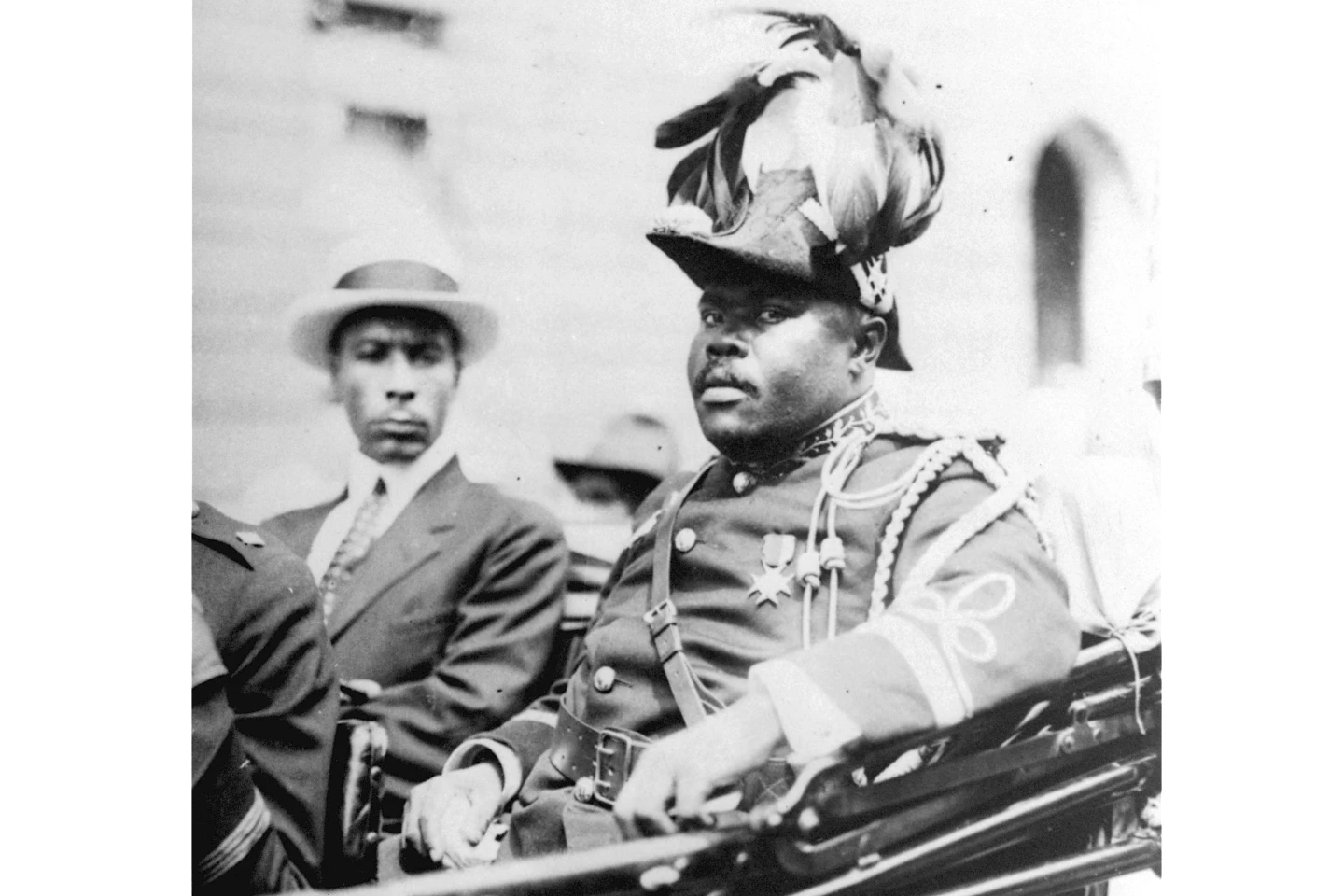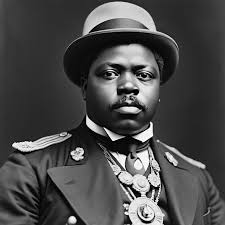President Joe Biden on Sunday posthumously pardoned Marcus Garvey, a prominent Black nationalist whose work inspired civil rights leaders like Malcolm X and Martin Luther King Jr. Garvey was convicted of mail fraud in the 1920s, a charge his supporters have long argued was politically motivated.

Garvey, who promoted racial pride and unity, was deported to his native Jamaica following his conviction and died in 1940. Civil rights leaders have called his pardon a critical step toward recognizing his lasting influence on the struggle for equality.
“The Rev. Martin Luther King Jr. once said of Marcus Garvey: ‘He was the first man, on a mass scale and level, to give millions of Black people a sense of dignity and destiny,’” the White House said in a statement.
Biden’s announcement also included pardons for Virginia House Speaker Don Scott and activists focused on immigrant rights, criminal justice reform, and gun violence prevention. The president, who leaves office Monday, has issued the most individual pardons and commutations of any U.S. president.
On Friday, Biden commuted nearly 2,500 sentences for individuals convicted of nonviolent drug offenses. Additionally, he commuted the sentences of 37 individuals on federal death row, converting their punishments to life imprisonment as an incoming Trump administration promises to expand the use of capital punishment.

Among the notable pardons announced Sunday:
– Don Scott, Speaker of the Virginia House of Delegates, was convicted of a drug offense in 1994 and served eight years in prison. Elected to the legislature in 2019, he became the first Black speaker of the Virginia House. “I am deeply humbled to share that I have received a Presidential Pardon… for a mistake I made in 1994,” Scott said.
– Ravi Ragbir, an immigrant rights advocate, was convicted of a nonviolent offense in 2001 and faced deportation to Trinidad and Tobago.
– Kemba Smith Pradia, a prison reform activist convicted of a drug offense in 1994 and sentenced to 24 years in prison. Her sentence was commuted by President Bill Clinton in 2000.
– Darryl Chambers, a Wilmington, Delaware advocate for gun violence prevention, was convicted of a drug offense and sentenced to 17 years in prison.
Two individuals had their sentences commuted:
– Michelle West, who served over 30 years for her role in a drug conspiracy in the early 1990s. West’s daughter, Miquelle, said, “Today, after more than 30 years hoping and advocating every day that her life sentence could somehow be reduced, the clouds have parted.”
– Robin Peoples, sentenced to 111 years in prison for bank robbery in the late 1990s. The White House noted Peoples would face significantly lower sentences under current laws.
Biden’s clemency actions reflect a broad use of presidential power, with an emphasis on addressing systemic inequities in the justice system. His decision to pardon Garvey and other advocates underscores his administration’s commitment to criminal justice reform as the country transitions to a new leadership.



